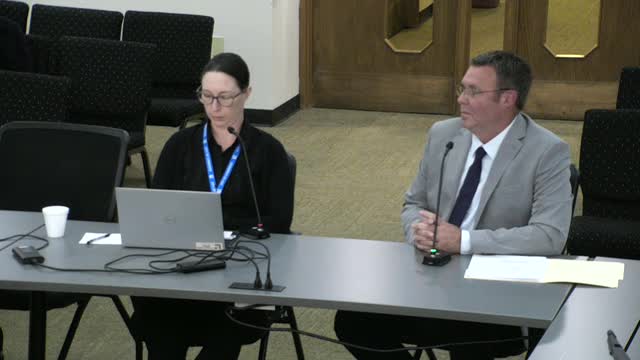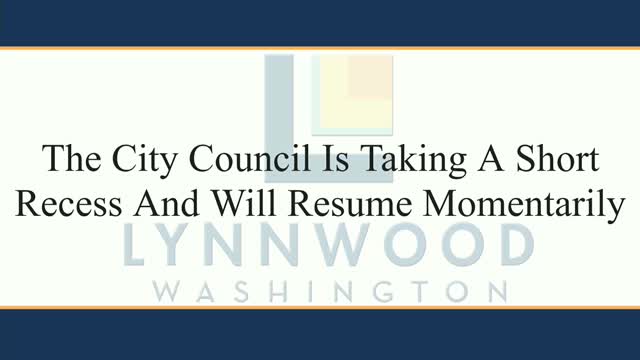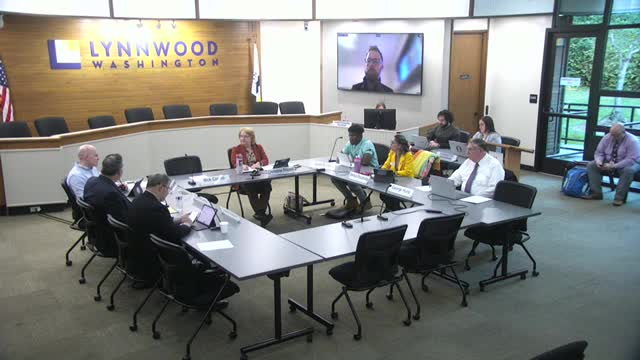Article not found
This article is no longer available. But don't worry—we've gathered other articles that discuss the same topic.

Lynnwood finance staff map budget shortfall; Parks & Recreation faces staffing and program cuts

Urban3 analysis shows higher tax productivity for mixed‑use development; Lynnwood officials weigh annexation and policy tools

